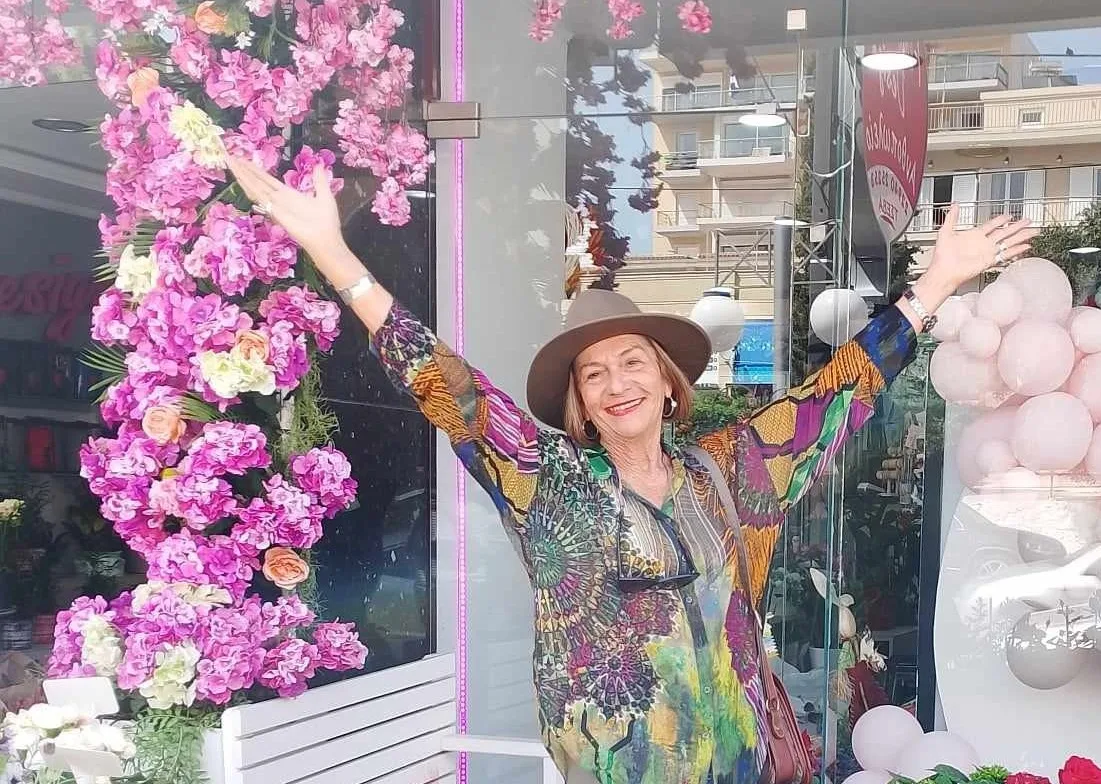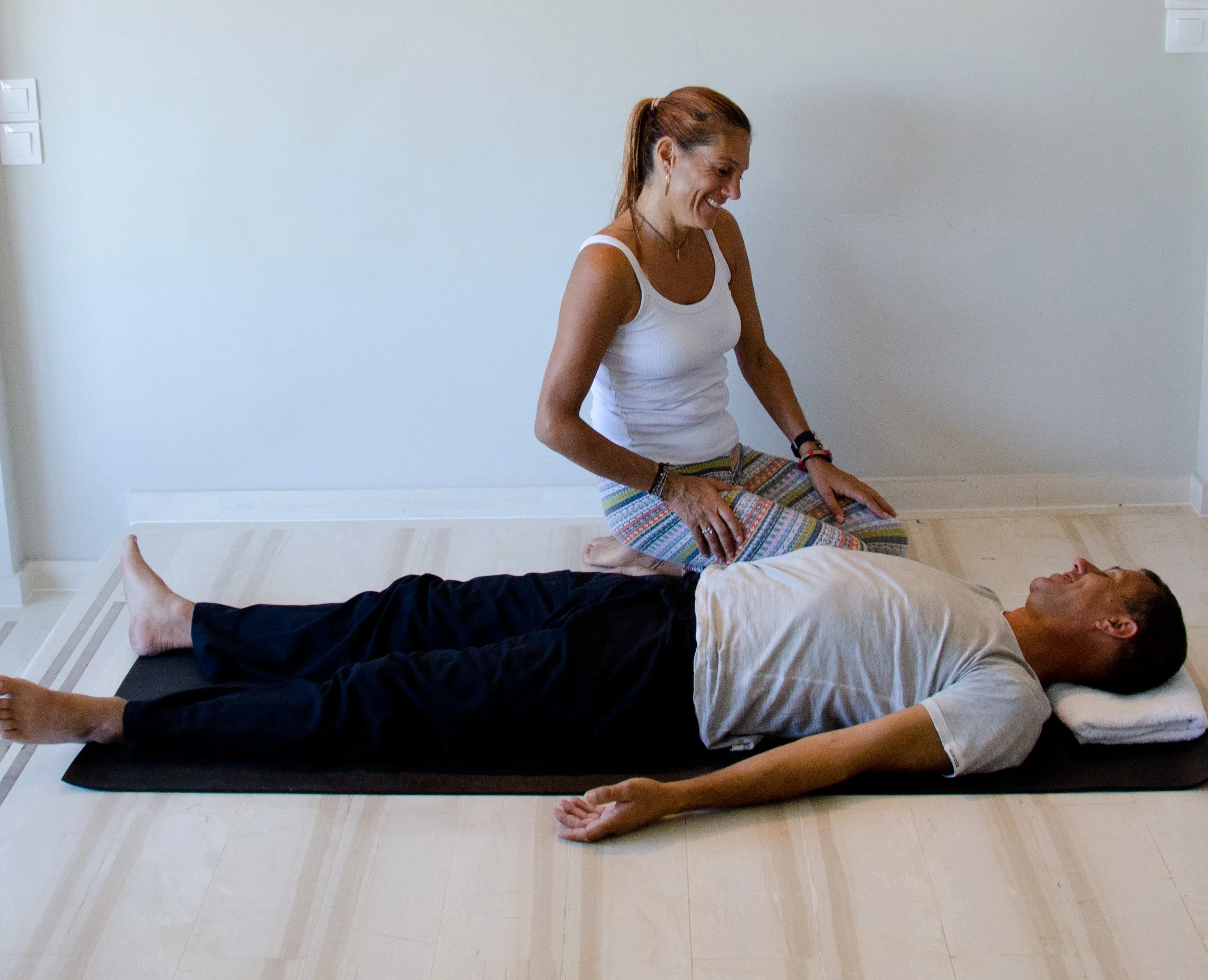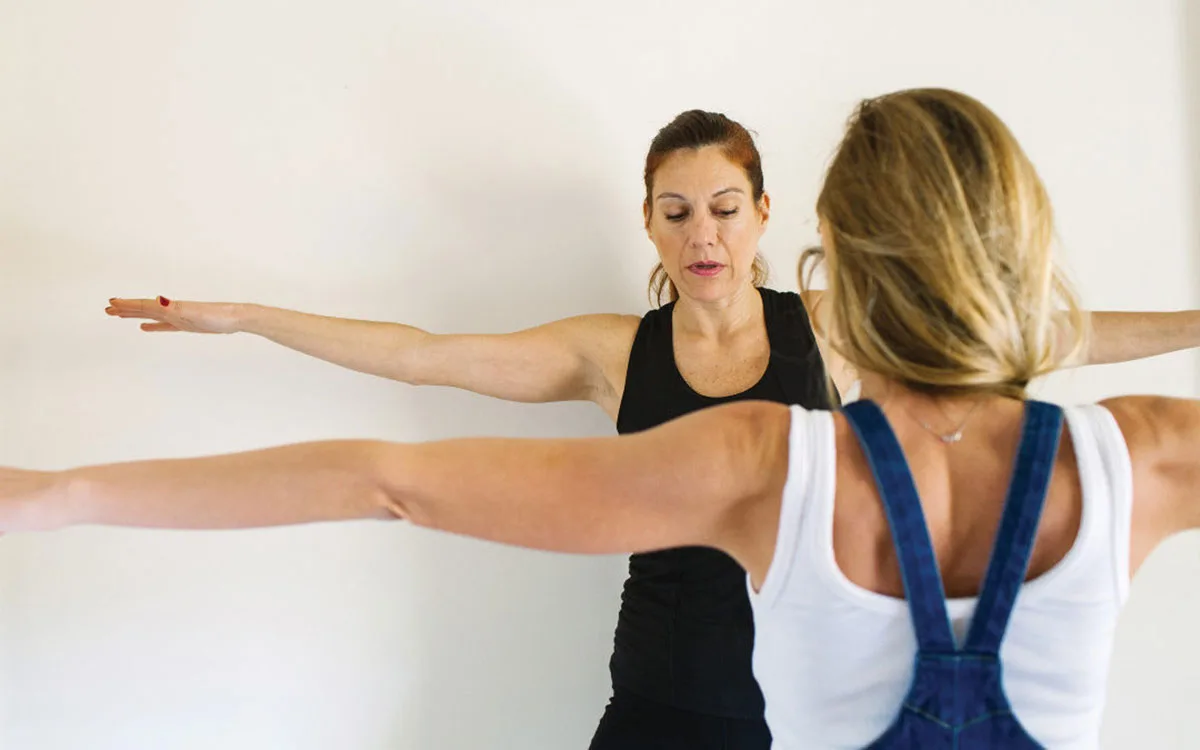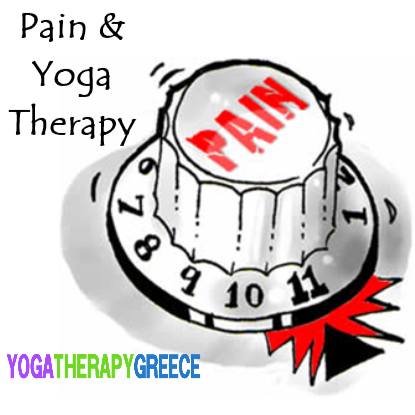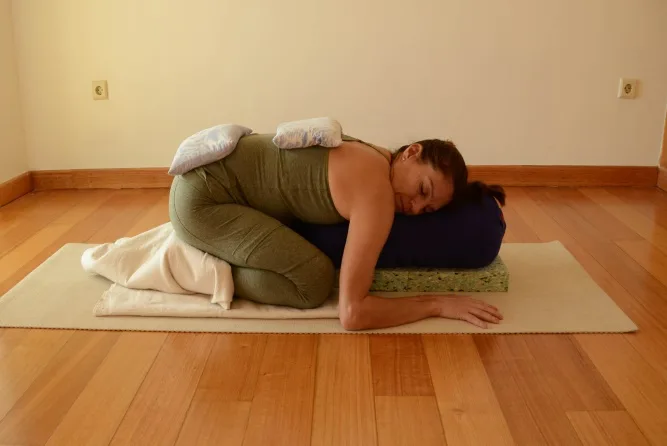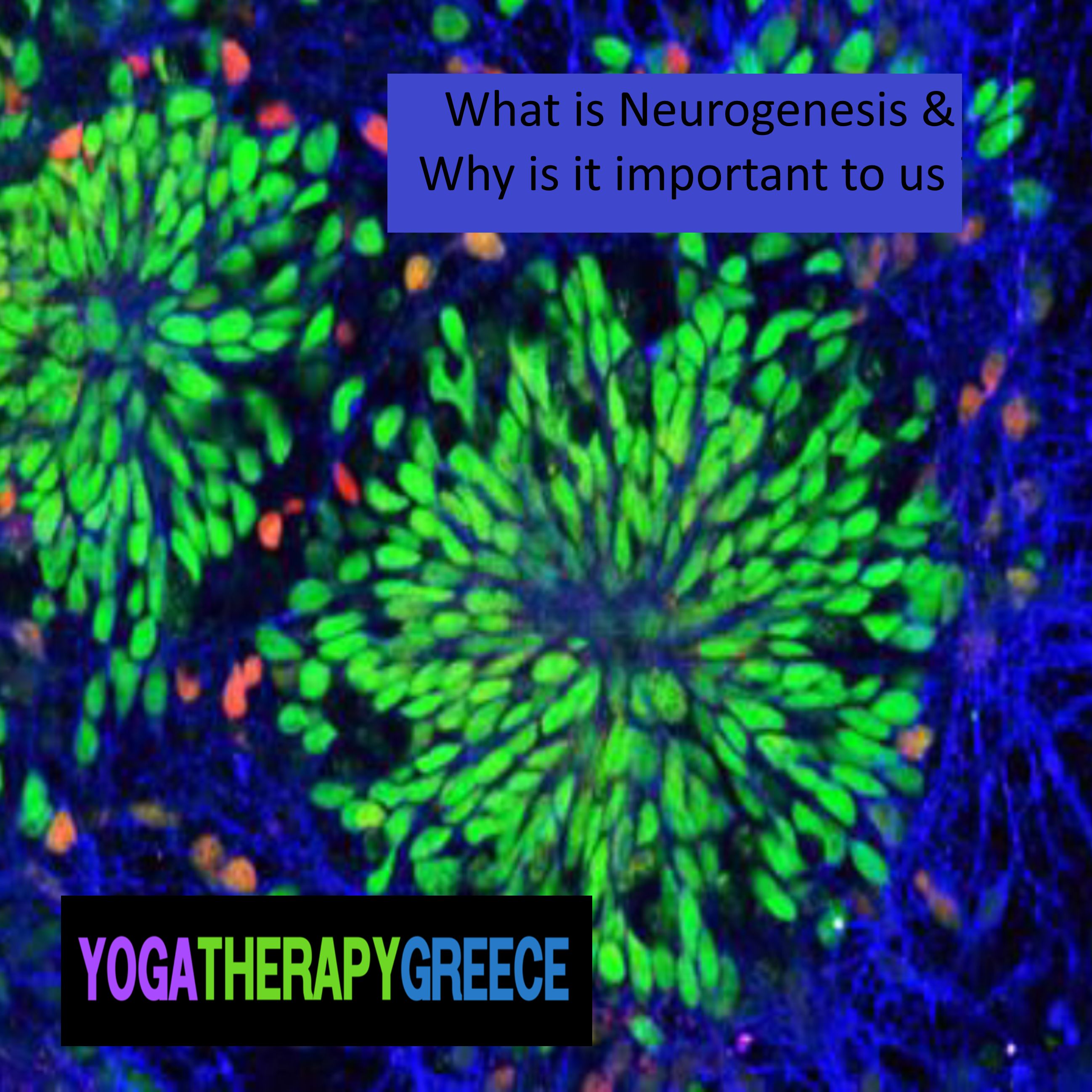Incorporating Yoga Therapy Techniques into Your Existing Yoga Practice
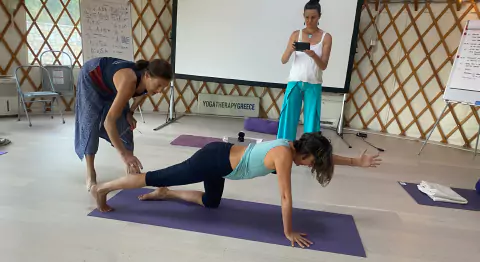
Incorporating Yoga Therapy Techniques into your existing Yoga Practice
Yoga and Yoga Therapy
Yoga is a physical, mental and spiritual practice that originated in ancient India. Yoga practice aims to join the mind, body and spirit through postures, breathing, mental focus, meditation, use of sound, while the ultimate goal is to achieve freedom from life’s suffering.
Yoga classes are generally ‘one size fits all’, since the same practices are given to everybody, while the yoga teacher is unaware of the student’s relevant health information or does not know how to personalize/adapt the practice.
Yoga Therapy refers to the adaptation and application of Yoga Techniques and practices to help individuals facing mental and physical challenges at any level, in order to better manage any condition, reduce symptoms, restore balance, increase vitality and improve attitude.
Yoga Therapy makes yoga universal and literally available for everybody at any stage in life.
Yoga Therapy more specifically can support in recovery (Cikitsā Krama) changing the effects of conditions and can prevent (Raksana krama) symptoms and conditions to manifest in our lives, taking into account the habits, the family traits and the way of thinking. In both cases, the approach will not only be different but will also be personalized since each individual is unique.
The personal yoga practice, the yoga therapy practice will be developed based on the different symptoms and conditions, on the energy level, on the lifestyle, on time and physical restrictions, on the specific period of life, on the age, on the goals, on the mood, on the way people think and their attitude towards the conditions and life in general.


Modifying the existing yoga practice
The personal modifications in any yoga practice are based on the personal intake, on the way they breath, on the way they stand and move, on their asymmetries and on their posture, on their occupation and way of life, on current challenges either temporal or chronic, on personal needs and limitations, on priorities and habits, on their way of thinking and behaving, on family traits, on level of physical activity, on already explored interventions and on yoga experience.
Taking into account all the necessary and relevant information, the practice is short and easy to do on a daily basis. It is very specific addressing each particular need or at least taking into account all needs and limitations.
The practice is co-developed with the client based on the feedback and on the way they breath and move during the practice and on the knowledge and experience of the yoga therapist.
The practice initially is more simple and safe to do unmonitored but gradually is further developed in order to address all the dimensions of the individual, all of their the needs.
The personal yoga practice
The personal yoga practice, based on the specific breathing assessment, symptoms, energy level, mood and state of mind, includes the most appropriate breathing practice for the time of the practice, for the energy level, the mood and the condition of the individual. For example, a different breathing practice is needed for someone with fatigue and depression and different for someone with hypertension and insomnia.
The asanas/movements are chosen and modified according to the asymmetries, to the aches and pains, to the personal needs and limitations. For example, the movements may focus on stiffness or muscle strength, they may be standing or lying depending on the energy level of the practitioner, may be in chair or even on a bed due to physical restrictions, may be few or many, may be as easy as rotate the wrists or as demanding as standing on one leg.
The guided relaxation or meditation is developed based on the personal needs, fears, concerns, challenges, time restrictions and time of the day. It may be recorded and given to the individual to practice at home in their own time.
The positive affirmations that may be incorporated are very carefully chosen, are in the language of the practitioner and are based on their very personal needs and even words they have used .

Be able to incorporate yoga therapy techniques to a yoga practice
In order to explore appropriate modifications, the yoga therapist must have deep knowledge of anatomy, physiology, kinesiology, psychology, neuroscience, medical conditions and evidence-based practices used for these conditions, as well as meditation, yoga nidra, and the way to connect and lead a compassionate and motivational interview.
The yoga therapist must know how to integrate all the above with compassion and have the experience and the confidence to let the client show the way with the personal feedback on each practice and each modification proposed.
Incorporating Yoga Therapy Techniques into your existing Yoga Practice is the ultimate way to practice yoga, knowing and taking care better yourself.

